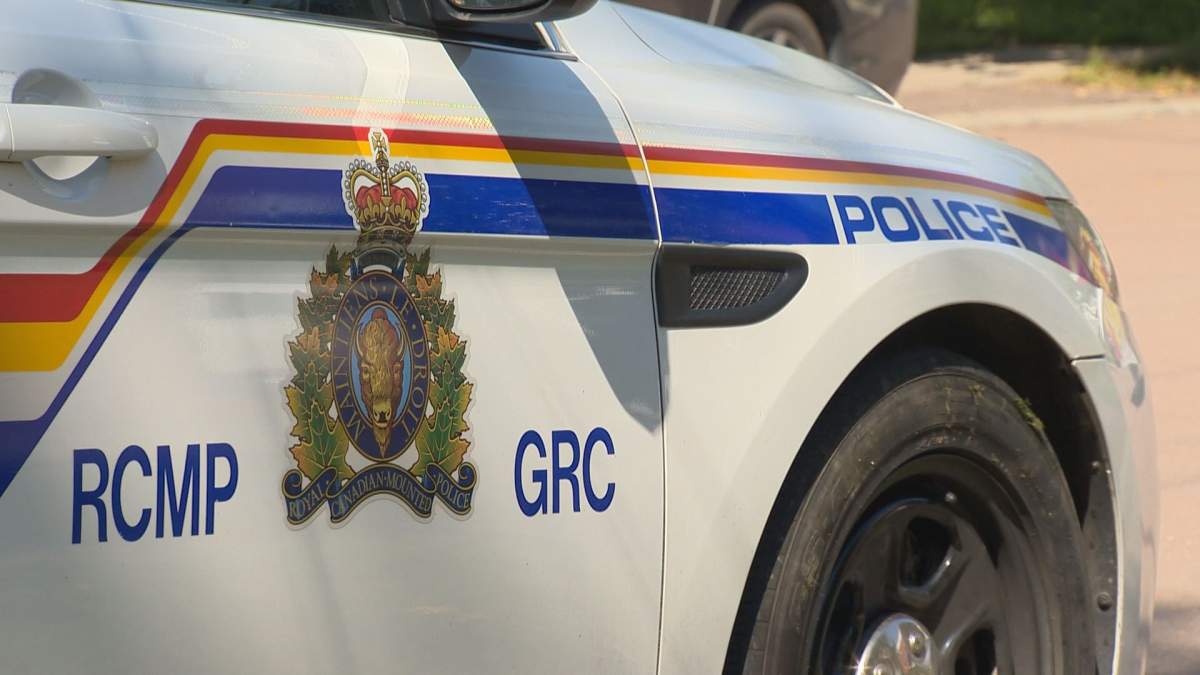An age-old scam targeting seniors is making rounds the in New Brunswick again as RCMP says scams appear to be on the rise.

Const. Carmin Lamoureux has worked in the southeast district’s callback unit for fraud and scam calls for 11 years.
“In the last two years, it’s been pretty hectic,” he says. “There’s so many scams right now.”
Earlier in his career, he says Kijiji, eBay and cruise ship vacation-winning scams were popular, “but it didn’t seem to be as bad as now.”
Lamoureux attributes that to more access to technology such as computers and social media platforms.
Often times, suspects are overseas or in other provinces, he says.
“It makes it a lot harder for us, or almost impossible, to track anyone down,” he says. “So we understand how people can feel, they’re frustrated, they’ve been violated, they lost money.”
“It’s not a pleasant job to do when you know that a poor older couple on a fixed income just lost $9,000 or $8,000 and they’ll never see it again and you have to explain that they’ve been scammed,” Lamoureux says.

Get daily National news
Seniors targeted
One scam in particular making rounds in the province right now is one that primarily seems to target seniors.
An example, according to RCMP, is where people receive calls from people posing as a (fake) police officer, telling them their grandchild(ren) has been arrested for cannabis possession and needs money for bail.
Lamoureux says people are often asked by the scammers for nearly $10,000 for bail, to be sent to other provinces, as someone impersonates the grandchild on the phone.
Scammers usually provide addresses for people to send the money through Western Union or delivery companies to addresses of buildings for sale, or vacant apartments and even empty storage units.
“What the scammers are doing is, they’re just waiting for the delivery,” he says, “and there’s a person, which is called a mule, picking up the money, and they disappear so they change address almost every day.”
He didn’t have statistics in front of him when contacted by Global News, but he estimates they could get 100 calls or more from people throughout the province of similar cases; some people have lost money while others realized it was a scam and reported it.
These scams come in “sequences,” he says, about three to five times per year.
In the past month, he estimates 20 to 30 cases have been reported.
However, a lot of scams go unreported because people are afraid or embarrassed, he says.
Tips to keep in mind
As for tips to protect yourself from scams, Lamoureux says if it seems too good to be true, it probably is.
He suggests not sending cash through delivery companies.
Some people can be called and told they have overdue accounts for services such as Amazon, requiring money to be sent.
But if you’re ever uncertain, Lamoureux says to hang up, and call police or the Better Business Bureau.
“There’s all kinds of scams, we see them all here,” he says.











Comments
Comments closed.
Due to the sensitive and/or legal subject matter of some of the content on globalnews.ca, we reserve the ability to disable comments from time to time.
Please see our Commenting Policy for more.